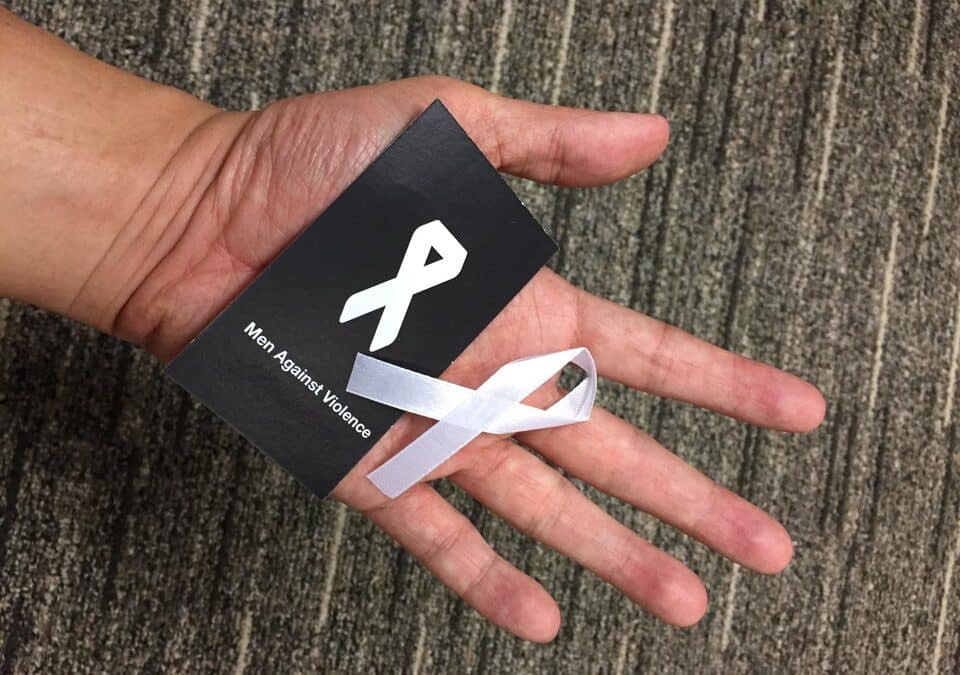In the ongoing battle to combat violence against women in Pakistan, there is an increasingly pressing question: What is the ultimate solution? Numerous strategies have been proposed and implemented, including stronger legislative measures, improved service delivery and infrastructure, heightened awareness among women, and greater representation of women in leadership roles. While these efforts are undoubtedly essential, the prevalence of violence against women in the country continues to rise.
What makes this situation even more alarming is that, to a certain extent, such violence seems to be accepted by society, with insufficient condemnation from various tiers of our communities. After a decade of dedicated work as a women’s rights activist, I have come to the conclusion that the most enduring solution lies in the engagement of men in the pursuit of gender equality.
In a patriarchal society like Pakistan, the transformation of a perpetrator into a protector of women’s rights is a profoundly meaningful shift. Men, who traditionally hold decision-making power, including control over economic resources, education, healthcare, and women’s mobility within their families, can play a pivotal role in bringing about this transformation.
Contrary to the traditional feminist approach, engaging men in the eradication of violence against women is not only logical but also a popular phenomenon in such a society. The White Ribbon initiative in Pakistan is a pioneer in this field, offering a different approach to addressing the issue of violence against women. White Ribbon believes that men do not inherently possess a tendency for violence. Rather, it is social pressure, based on false standards, that provokes them to engage in violent behavior.
To guide men in understanding and addressing this societal pressure, White Ribbon has identified eight crucial ways to engage them in the eradication of violence:
- Let’s Talk: Communication is key. Dialogue with partners helps in understanding each other’s wishes, thoughts, and desires. Never assume consent; always discuss it openly.
- Act: Don’t be a passive bystander. Empower yourself to intervene and speak out against potentially harmful situations. There is always something you can do to make a difference.
- Choose Words Thoughtfully: Words matter. The language we use significantly impacts our society’s perception of women. Avoid derogatory terms that degrade and demean women.
- Talk with Men: Engage in open dialogues with other men about how domestic violence has affected their lives. Discuss the consequences of being seen as potential perpetrators and learn how to support male-identifying survivors.
- Lead by Example: Be an advocate for zero tolerance. Never excuse or remain silent about any form of violence, especially against women and girls. Be a role model, teaching respect and equality to your children.
- Organize: Join the cause in an organized manner. Affiliating with a movement keeps one motivated and committed to the cause of eradicating violence against women.
In Pakistan, the White Ribbon initiative is leading the way, focusing on engaging men in the fight against violence against women. By addressing the root causes and involving men in the solution, we can strive for a society where violence against women is unequivocally condemned, and women can live free from fear. Together, we can create a world where men are protectors of women’s rights, and gender equality is the norm.

